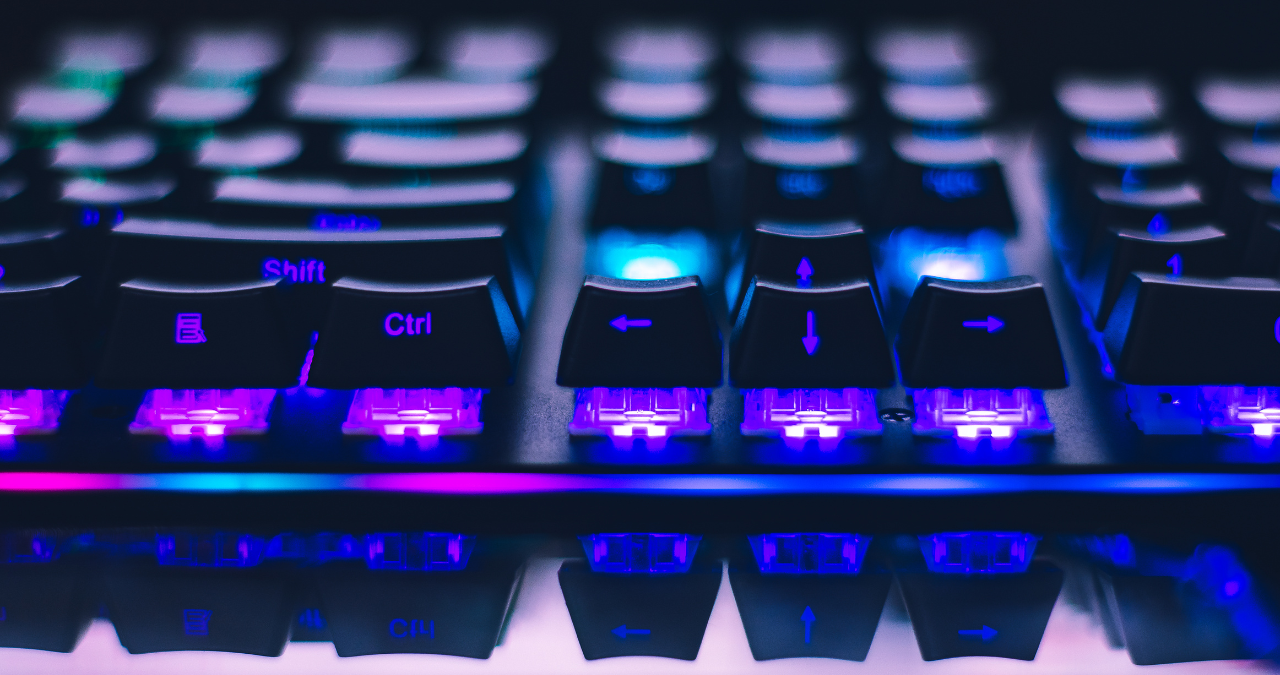Despite the abundance of resources to reduce CPU usage while gaming, many users have yet to encounter a situation where reducing CPU utilization was necessary. Nevertheless, if you feel like sacrificing some framerate for smoother gameplay then there are several simple measures that can be taken to reduce processor load without hampering performance levels too significantly; don’t forget about taking advantage of hardware acceleration when possible too!
In this piece, I’ll provide an overview of how to minimize CPU usage during gameplay and provide additional tips on how to optimize performance even further.
1) Disable Unnecessary Windows Services
If you encounter a service that you don’t require, consider disabling it. If your laptop’s CPU is being utilized at an unsustainable rate and accompanies high power consumption rates – making for an arduous experience when utilizing the device.
Are you an enthusiast who loves to play games or spend time chatting? You may have experienced the undeniable appeal of fully utilizing your processor cores by employing equally valuable software such as Discord. To achieve these results without compromising on performance one must balance between them!
If you employ Discord on a daily basis, chances are that the service runs in the background and consumes little resources – even though those applications may still be running in the background after launch. Disabling these services not only helps you save battery power; however it can also free up some space on C: drive too!
2) Use a CPU Stress Benchmark to Find Out Which Services Are Needed
To effectively gauge the level of performance expected from your rig, it can be beneficial to create a benchmark test. This will allow you to identify if any services not normally required are running or if they contribute towards higher CPU utilization and thereby lower FPS. If these services are routinely utilized, then one is advised to devote resources toward optimizing them – rather than gaming!
To create an effective CPU stress benchmark, simply perform a short-duration load test by employing a tool such as Intel® Extreme Tuning Utility (Intel ® XTU). To run this utility, open up Task Manager and locate the ‘show processes’ window. Then select ‘Thread Test – do not close’ in order to initiate the process; return here when complete to obtain your results!
3) Turn Off Background Services in Windows
For a more convenient experience, Windows renders the display and performs other tasks in the background. This can be both advantageous and disadvantageous – for instance when rendering graphics or running applications, but also when it comes to consuming resources such as RAM or CPU cycles.
To minimize resource consumption, you must manually identify each process that is active on your system. They may include:
- Processed files (such as image thumbnails);
- Processes associated with demanding applications;
- Inaccessible or aging services that may still be utilized for network traffic or remote access;
If these tasks are taking up too much time on your PC’s processor then don’t fret! You can use Task Manager to swiftly shut down any programs you haven’t used in a while – just remember to re-launch them once they’re back online.
4) Run CPU-Z in Your Gaming Session to See Which CPUs Are Better for Games
CPU-Z is a utility that displays detailed information about each processor in your system, such as its clock speed, core count, and cache size. When gaming on systems with multiple CPU cores, it can be useful to know which CPUs are more effective for achieving higher framerates.
To determine which CPU is the most adept at providing high frame rates during intense bouts of action, just execute the CPU-Z test:
- Load up any game and observe how it performs on a single core – then compare the results to those attained when utilizing multiple cores per computer.
- Finally, select the one that provides the most fluid experience – don’t forget to consult with past benchmarks before making this decision!
5) Turn Off Video/Audio Output in Other Applications While You’re Gaming
If you have more than one application open, and you wish to simultaneously listen to music while playing a game, don’t fret – there is an easy solution!
Open the Music app on your smartphone or portable audio device, then select its output settings tab. Within this section, users can adjust the default playback device (e.g. headphone jack) as well as toggle between different sound profiles such as surround sound or high volume levels.
Now when it’s time to game, simply disable audio output from any other apps that are currently consuming resources like CPU and RAM. You can even leave these apps open if desired – only enabling them again when required!
Conclusion
By reducing the number of resources your PC devotes to gaming, you can free up more cash for upgrades and acquire additional content. In addition, the reduced strain on the hardware will yield longer life spans for those investments!
If you’re interested in learning more about how to reduce CPU usage, take a look at our guide!




